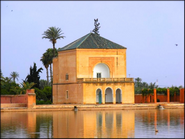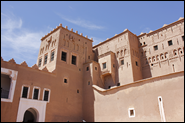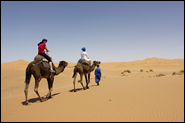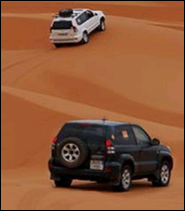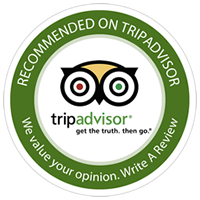WELCOME IN MOROCCO!
Plan your Morocco holiday.
We offer the BEST holiday packages
& tours in Morocco. Let us quote you
››› Contact us

TRAVEL DOCUMENTATION
Your passport must be valid six months from the date of entry. No visa required for stays up to three months in Morocco.
HEALTH
No vaccination is needed for anything in particular. The pharmacies have the same medicines as in Europe, but due to the difference cuisine (Moroccan cuisine is very spicy), it is advisable to travel with laxatives, or astringents, according to the needs of each.
It is also advisable to carry an insect repellent cream.
CURRENCY
The currency is the dirham. The change is approximately € 1 = 11DH. The easiest is to change at the Moroccan airport or traveling through Morocco, in bank branches in urban areas. In addition, in some hotels and cities you can pay by credit card.
Currencies cannot be removed from the country unless they have been declared upon entry. Remove the leftover Dirhams can be compromised.
HOURS
Morocco is on Greenwich Time slot so it is not time change in spring or autumn.
CLIMATE
Because of its geography, Atlantic coast, Mediterranean coast, low mountain, high mountain, steppe, desert in Morocco are all climates. Generally has a warm climate except December, January and February are the coldest months of the year. In the desert during the summer is little hot by day but in the night is perfect.
LANGUAGE
In addition to the Arab(Arabic) that is the official language, then Berber language in ATLAS, DESERT, NORHT AND SOUTH. The daily language(tongue) is the dialectal (Moroccain Arabic),
Although most of the Moroccans speaks French, many people speak also the Spanish in the north.
RELIGION
The Islam is the official religion of Morocco but it coexists perfectly with other confessions.
FOOD & DRINK
Travelers from other countries should only drink bottled water, and while he's hot tea in Morocco should be taken sparingly. Green tea is the national drink is prepared and sometimes mint. Part of the tradition and it is a ritual to celebrate the welcome thenewcomer. They call it the Berber whiskey is known to be well prepared by his turban foam.
The national dishes are the Tagine, meat and vegetable stew and couscous, cracked wheat steamed carefully a delicious stew of vegetables and meat. The main secret of all the kitchen is a special selection of the wide variety of species that exist in Moroccan cuisine.
Bread is an unconditional, is present at every meal.
In rural areas, every family has a stone oven baked clay where carefully kneaded bread to eat fresh.
Harira is the Ramadan soup, nutritious mixture of pasta, rice, grits, vegetables and spices and strong cilantro flavor
BUY IN MOROCCO
At the time of purchase must not forget that Morocco is developing so everything is a little cheaper than in Europe. Even today it is marketed as formerly with bartering, exchanging objects or food.
The souks are markets where you can buy almost anything, an explosion of scents and colors. It is also usual haggling, to buy you have to negotiate the price with the seller with skill and if not abused.The idea is to start with a little less than the price you would pay for the desired object and since then the seller makes a counteroffer starting the skilled game of bargaining to reach an agreement.
Some typical products include orange blossom water, rosewater, argan oil, musk, dates, couscous, harissa (spicy sauce), carpets, printed scarves, turbans, silver accessories, hooded, slippers, fossils and quartz extracted the country, Arab and Berber handicrafts, ceramics, textiles, musical instruments (djarbuca, castanets gnawa ...), variety of spices such as saffron, cardamom, cumin ... so valuable in ancient times they were used as currency change in trans-Saharan routes.
RELIGIOUS VISITS
Visits religious (mosques): although access to mosques and holy places is forbidden to non-Muslims, is allowed to visit the Great Mosque Hassan II in Casablanca.
Note: To take pictures of people it is advisable to ask permission.



